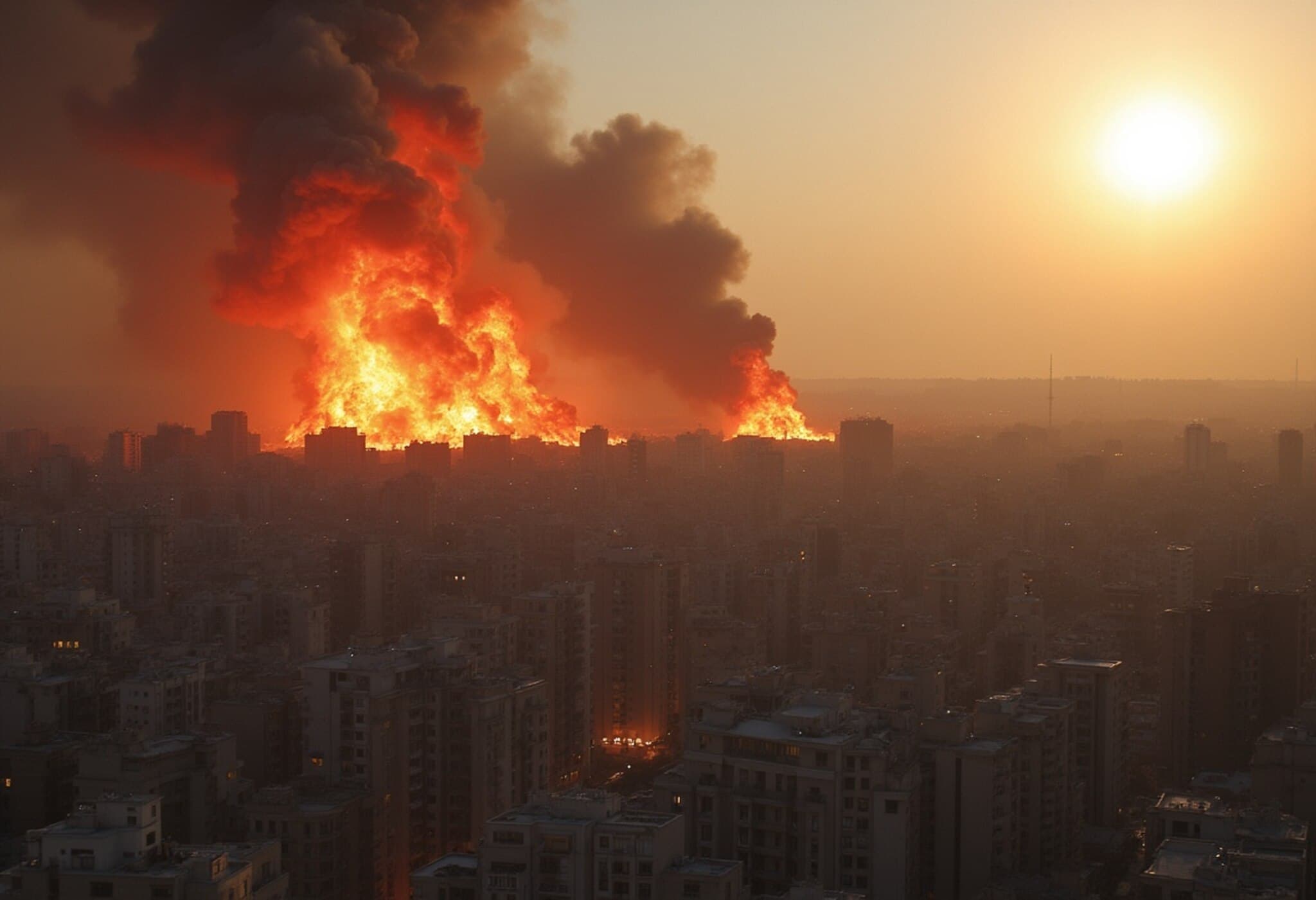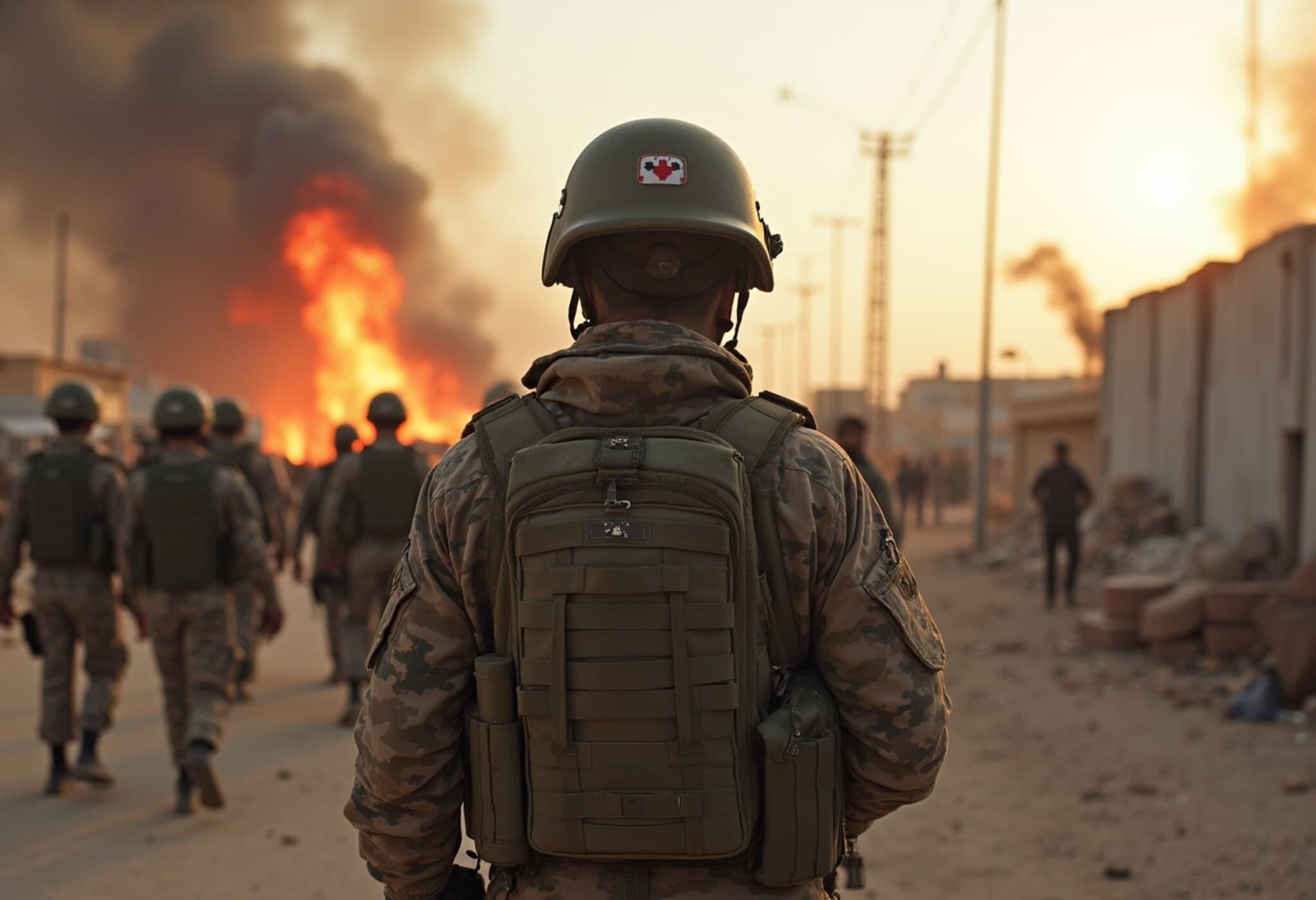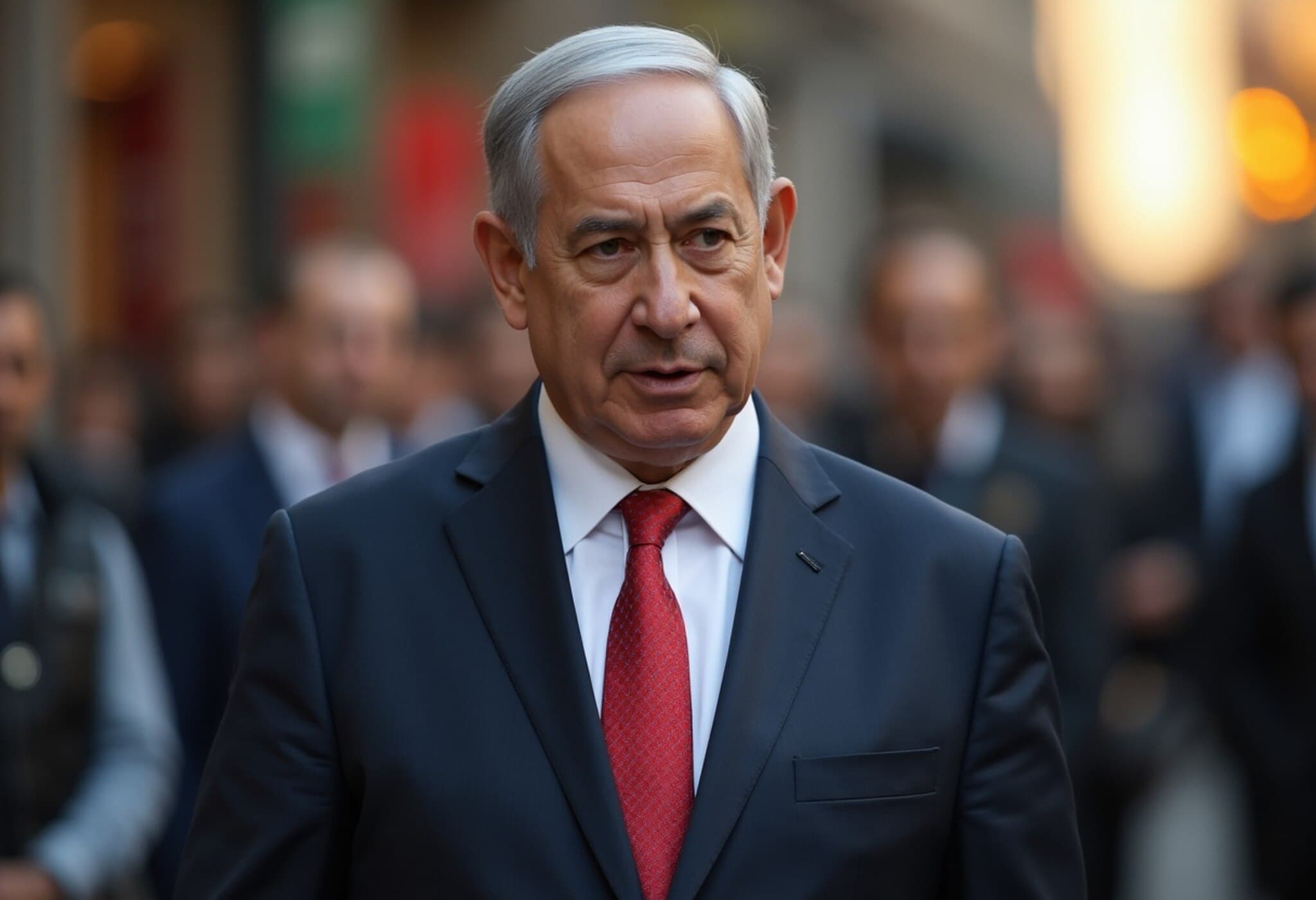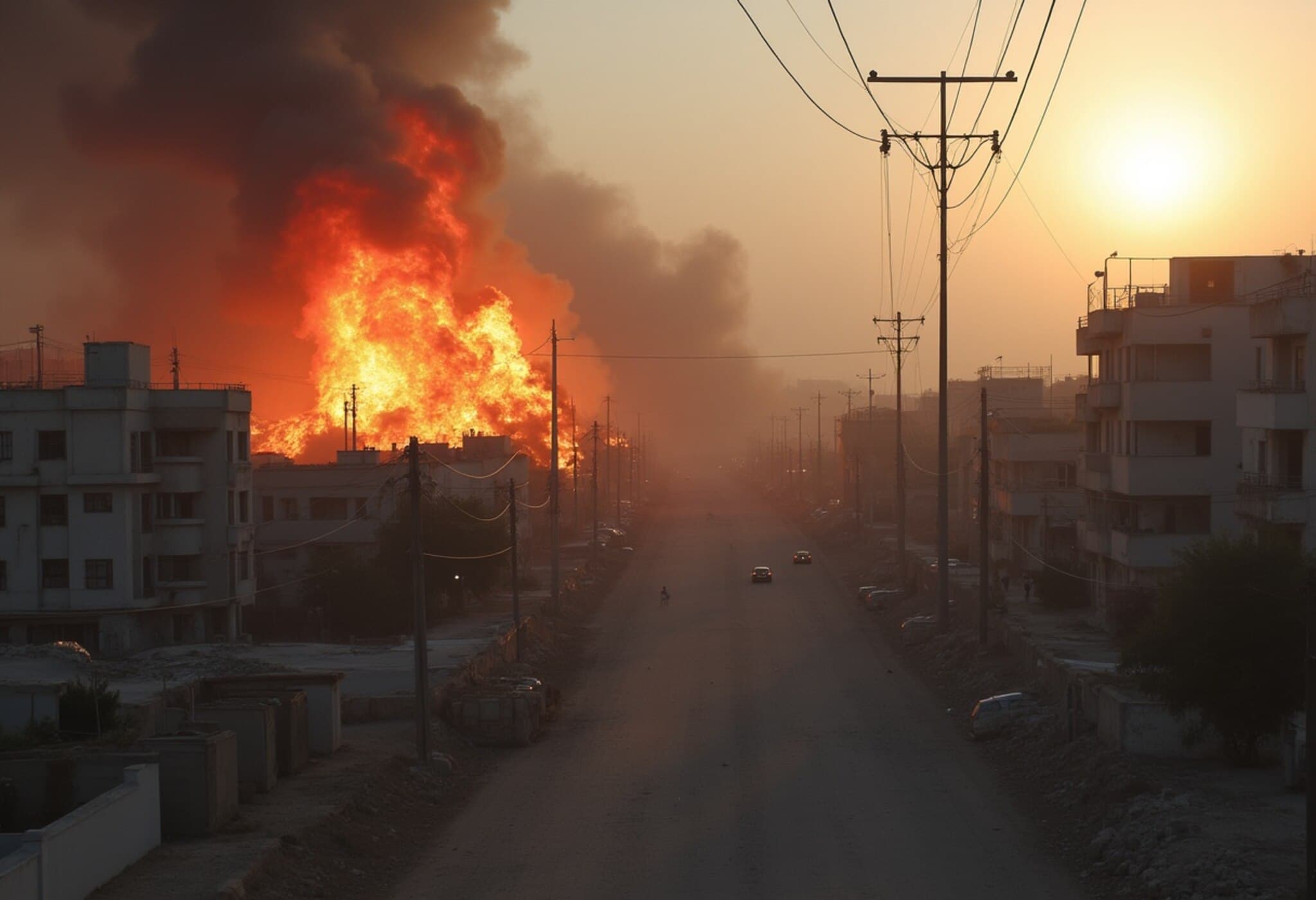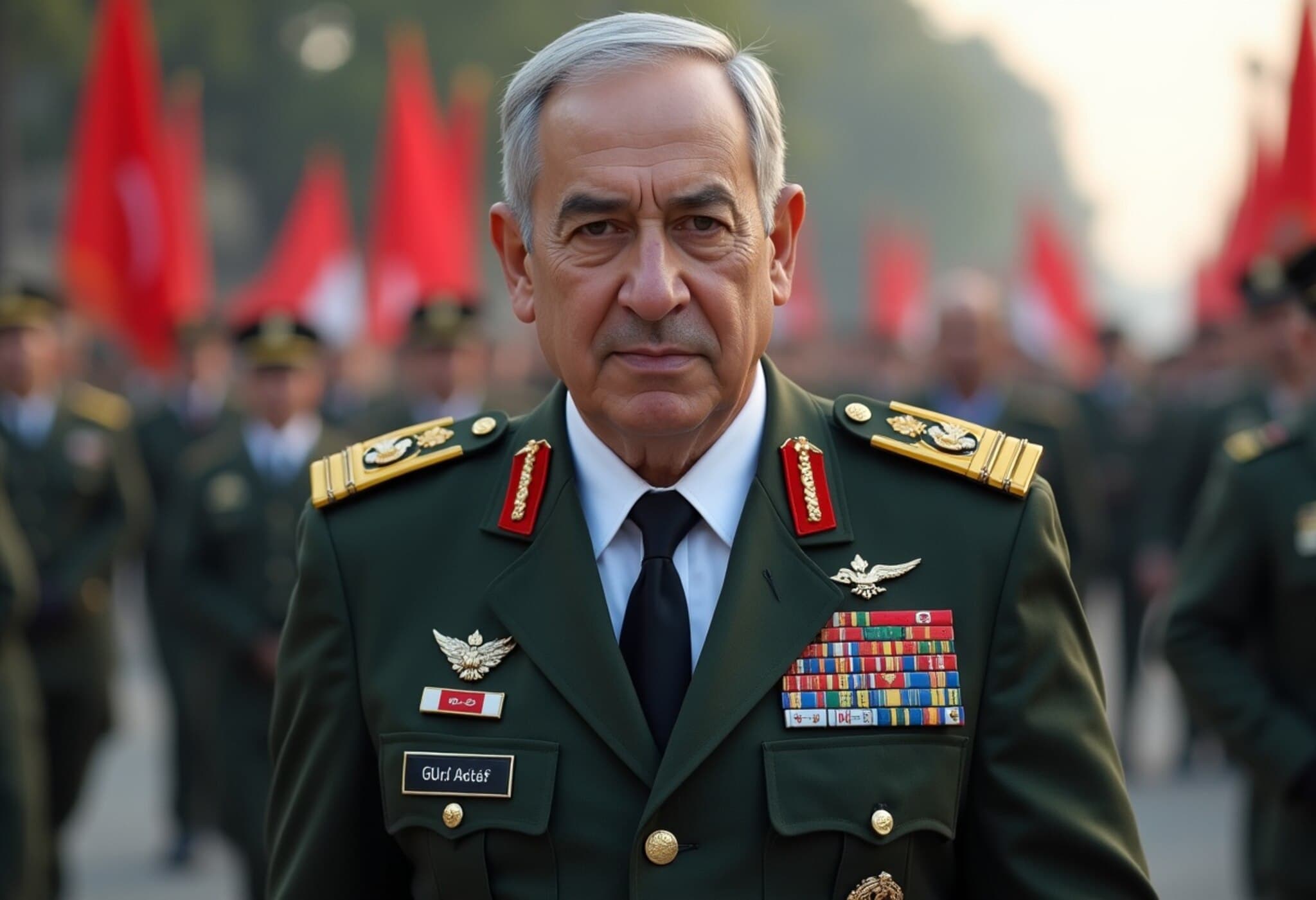Israel Advances Plans to Retake Gaza City
In a significant escalation of the ongoing conflict, Israel’s security cabinet has officially approved a plan to retake control of Gaza City, a move that marks a critical phase in the country's military operations against Hamas. The announcement came early Friday morning local time following a protracted overnight cabinet session, according to statements from Prime Minister Benjamin Netanyahu’s office.
Targeted Operation Instead of Full Gaza Occupation
While the plan signals a decisive push into Gaza’s largest urban center, it deliberately stops short of an outright full-scale occupation of the Gaza Strip. This calibrated approach suggests Israel’s intent to focus military efforts more surgically amid concerns over operational sustainability and international response.
Controversy and Humanitarian Concerns Mount
Critics of the plan have voiced deep reservations about the ramifications of a Gaza City takeover. Humanitarian organizations and some international observers warn that the operation could prolong the captivity of hostages held by Hamas and intensify the conflict’s brutality. There is widespread apprehension that deepening Israeli military engagement in a densely populated urban area could lead to a surge in Palestinian civilian casualties, further exacerbating an already dire humanitarian crisis.
Contextualizing the Strategic Move
From a broader geopolitical perspective, this move by Israel reflects a challenging balance between military objectives and political pressures. Capturing Gaza City — a symbolic and logistical Hamas stronghold — may significantly disrupt Hamas’s command infrastructure. However, the urban warfare likely to unfold raises complex operational problems, including safeguarding noncombatants and negotiating asymmetric warfare complexities.
Legal and Policy Implications
Under American and international law, any military incursion in highly populated areas demands stringent adherence to the principles of proportionality and distinction to minimize civilian harm. The U.S., traditionally a key ally of Israel, faces a renewed challenge in balancing unwavering security support with calls for restraint and humanitarian considerations.
What Lies Ahead?
- Escalation Risks: The operation risks deepening the conflict cycle, with potential retaliations from Hamas and rising regional tensions.
- International Diplomacy: How global powers like the U.S. and European nations respond diplomatically could influence the conflict’s trajectory.
- Humanitarian Response: Aid agencies face urgent pressure to address a possible surge in displaced civilians and casualties.
- Hostage Negotiations: The increasingly complicated environment may affect efforts to secure the release of hostages held by Hamas.
Expert Perspective
Military and policy analysts emphasize the complexity inherent in urban warfare against entrenched insurgents. According to Dr. Miriam Klein, a specialist in Middle Eastern conflict resolution, "While retaking Gaza City can disrupt Hamas’s leadership, it must be coupled with robust strategies to reduce civilian harm and pave the way for eventual de-escalation. Failure to do so risks further polarizing the region and undermining long-term peace prospects."
Editor's Note
The decision to retake Gaza City underscores the precarious reality of modern asymmetric conflicts, where military objectives intertwine with humanitarian imperatives and political consequences. As this situation develops, it is critical to monitor how Israel navigates the operational challenges and international expectations. Readers should consider: Can a balance be struck that ensures security while preserving human dignity amid such a fraught conflict? The coming weeks will be telling.
This report will be updated as new details emerge. Stay tuned for analysis and ground-level perspectives.


